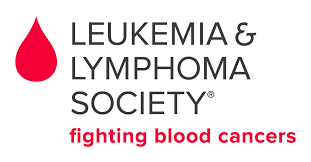Chronic myeloid leukemia (CML) is a cancer of the bone marrow and blood. CML is usually diagnosed in its chronic phase when treatment is very effective for most patients. In total, there are three phases of CML – chronic, accelerated and blast phases.
CML is one of the four main types of leukemia and patients are usually treated with daily oral drug therapy. If you are diagnosed with CML, speak with your doctor about your diagnostic tests and what the results mean.
Unhealthy cells can cause:
- Anemia - a condition that occurs when there are a lower than normal number of red cells in the blood, causing fatigue and shortness of breath
- Neutropenia – a condition that occurs when there are a lower than normal number of white cells, causing the immune system to be ineffective in guarding against infection
- Thrombocytopenia – a condition that occurs when there are a low number of platelets, causing bleeding and easy bruising
- Pancytopenia – a condition when there are low numbers of red blood cells, white blood cells and platelets
Signs & Symptoms
People who have CML may not have any symptoms at first. Often, patients learn they have CML after a routine physical exam or a blood test. CML signs and symptoms tend to develop gradually.
When CML symptoms do appear, they may be common to other, less serious illnesses. However, if you're troubled by any of the following symptoms, schedule a visit with your doctor.
- Tiredness or no energy
- Shortness of breath during basic everyday activity
- Paler than normal skin
- Discomfort or a "dragging" feeling on the upper left side of your stomach
- Night sweats
- An inability to tolerate warm temperatures
- Unexplained weight loss
To learn more, visit The Leukemia and Lymphoma Society.
 Content provided by:
Content provided by: